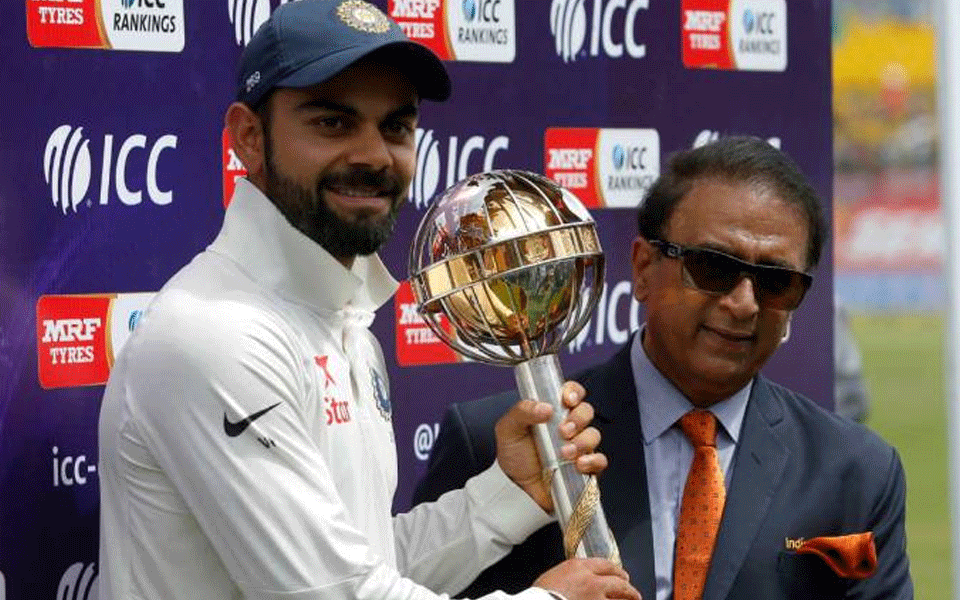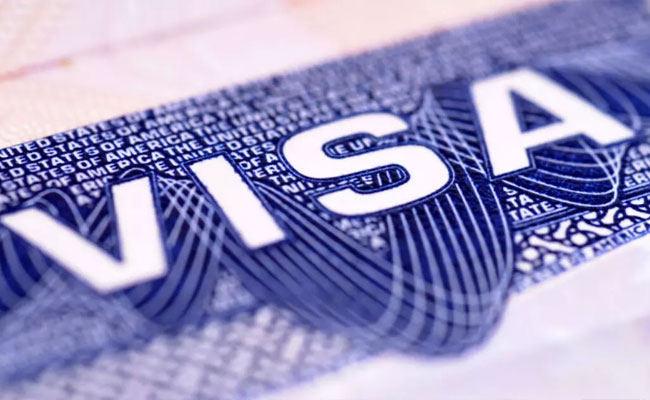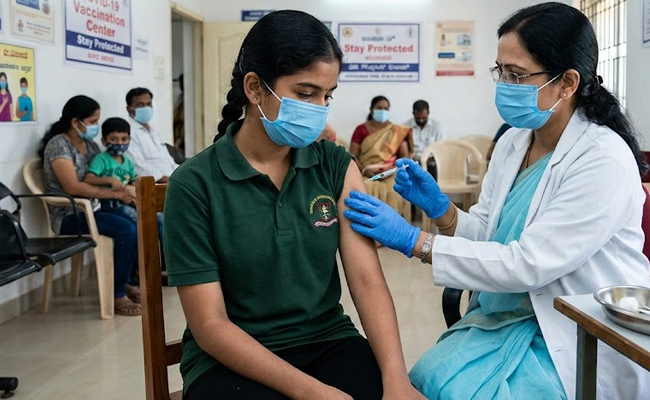New Delhi: Former India batsman Sanjay Manjrekar has "respectfully disagreed" with Sunil Gavaskar's critical observations on India captain Virat Kohli and the selection committee, saying integrity is "a far more important quality" than stature for a selector.
In his syndicated column, batting great Gavaskar had questioned the process of continuing with Kohli as the captain of the side without a review meeting, which is the norm, and called those part of the MSK Prasad-led selection panel "appearing to be lame ducks" and lacking in stature to work with the team management.
Entering the World Cup as one of the overwhelming favourites, India's campaign ended in the semifinals with a loss to New Zealand. India, though, won seven of their nine matches in the mega event, and Manjrekar, now a commentator, also pointed to that stat.
"Respectfully disagree with Gavaskar Sir with his views on Indian selectors & Virat being retained as capt. No, Ind did not put in a 'much below par WC performance', they won 7 lost two. Last one very narrowly. And integrity a far more important quality as selector than stature," Manjrekar tweeted.
Coming to terms with the World Cup heartbreak, Kohli will now lead the Indian team in a three-match T20I, three-match ODI and a two-match Test series in Florida and the West Indies.
In his column, Gavaskar had questioned why Kohli was an automatic choice for captaincy following the team's exit in the World Cup, saying that the selection committee should have reviewed his leadership and the team's performance.
Gavaskar said it was "incumbent" on the selectors to call a review meeting before picking the squads for the West Indies tour, and hoped the next panel will have players of stature who will "not be bullied" by the team management.
Let the Truth be known. If you read VB and like VB, please be a VB Supporter and Help us deliver the Truth to one and all.
London (PTI): The UK on Wednesday imposed a study visa ban on four countries accused of using the route as a backdoor entry to seek permanent refuge in the country, as part of a wider clampdown on the soaring rates of asylum applications.
The so-called "emergency brake" on student visas applies to Afghanistan, Cameroon, Myanmar and Sudan, with Afghans also subject to a skilled worker visa ban following a major surge in asylum claims from these countries.
The move comes as UK Home Secretary Shabana Mahmood introduces new legislation in Parliament this week, with the visa brake to be introduced via an Immigration Rules change on Thursday to come into force on March 26.
"Britain will always provide refuge to people fleeing war and persecution, but our visa system must not be abused," said Mahmood.
“That is why I am taking the unprecedented decision to refuse visas for those nationals seeking to exploit our generosity. I will restore order and control to our borders,” she said.
According to official statistics released by the Home Office alongside the visa ban announcement, asylum applications by students from Afghanistan, Cameroon, Myanmar and Sudan rocketed by over 470 per cent between 2021 and 2025 – making them among the most likely nationalities to claim asylum.
Meanwhile, the number of Afghans on work visas claiming asylum now outstripping the number of visas issued.
In what has been described as an “unprecedented step”, the Home Office said it will end sponsored study visas from all four countries and skilled worker visas for Afghan nationals.
“Tough action is required as asylum claims from legal routes have more than trebled since 2021 – making up 39 per cent of the 100,000 people who applied last year. In total, 133,760 people have claimed asylum after arriving legally in the past five years,” the Home Office said.
It said these refugees end up having to be accommodated at the expense of the British taxpayer, with an “above average proportion” of people from the four countries claiming destitution.
“Asylum support is currently costing more than 4 billion pounds a year – with nearly 16,000 nationals from the four countries currently supported at public expense, including over 6,000 in hotels," it added.
According to official data, between 2021 and the year ending September 2025, the proportion of Afghan asylum claims to study visas issued was 95 per cent, applications by students from Myanmar soared 16-fold over the same period and claims by students from Cameroon and Sudan spiked by more than 330 per cent.
The government pointed to its success in reducing student asylum claims by 20 per cent over the course of 2025, but stressed that further action is needed as those arriving on study visas still make up 13 per cent of all claims in the system.
The visa ban announcement comes on the back of Mahmood's announcement earlier this week that asylum status in the UK will be temporary, to be reviewed after 30 months.





